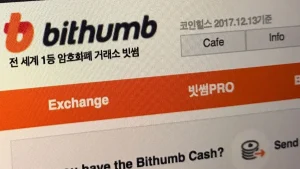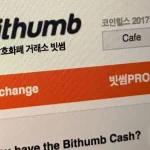Soneium Layer-2 protocol is under fire for how it handled community-backed memecoins on the first day of launch
With their recent action, Soneium, a Layer-2 protocol, has sparked debate bordering on centralization against decentralization in the cryptocurrency space. Soneium has allegedly blacklisted some selected memecoins for supposedly infringing on intellectual property rights. Given the growing hype on memecoin adoption in the broader cryptocurrency space, this raises concern.
Centralization Concerns Emerge
According to an X post from Alon, the pseudonymous founder of Pump.Fun, claims Sony’s Ethereum L2 prevents specific tokens from being traded or used on their platform. The implication of this move by Soneium is that the blacklisted tokens will become worthless on its network. This is because any holdings in these tokens will lose value or “nuke everyone’s position to 0.”
Alon argues that Sony’s L2 is a centralized entity, so it has exerted control over which tokens are allowed on its platform. This raises concerns that other centralized L2 solutions might exercise similar control over users’ assets.
The sentiment prevailing in the debate is that this could defeat the entire purpose of decentralization on which the crypto industry operates. Market participants expect substantial freedom from indiscriminate restrictions or interventions by central authorities.
Kawz, the founder of Time.fun, also claims that the blacklisting action has crippled users’ funds. He alleged that the platform has frozen token contracts on at least two tokens thus far. He said, “Soneium rugged users >$100k in Ethereum on launch day.”
One of the two frozen tokens is Aibo, a newly launched memecoin. Aibo’s developers say they have opened conversations with Soneium to resolve the issues quickly. The update suggests Aibo might introduce a new logo.
Soneium’s Stance on IP Enforcement
Notably, Sony Block Solutions Labs, a subsidiary arm of the multinational corporation, has launched Soneium. In an update following the unveiling, Soneium developers maintained they would enforce intellectual property rights both for creators and fans.
The company insists it acts in line with the guidelines specified in its documentation to safeguard IP rights and prevent malicious activities. It assured it would uphold Web3’s core values of openness and innovation.
However, Alon believes these reasons are not enough to blacklist tokens on its platform. He has called on users to exercise caution and not take their freedoms for granted. According to him, it only takes one entity to start the process of losing freedom in the crypto space. He urged users to remain vigilant about the risk of using centralized platforms that could restrict control of assets or functions.
Other upcoming layer-2 protocols may learn from Soneium to prevent related backlash. From Unichain floated by Uniswap to Namechain from ENS Labs, the list of protocols that may learn from this.
Disclaimer: The information provided in this article is for informational purposes only. It does not constitute investment, financial, trading, or any other sort of advice. You should not treat any of BGECrypto’s content as such. BGEcrypto does not recommend that any cryptocurrency should be bought, sold, or held by you. Do your due diligence and consult your financial advisor before making any investment decisions.























